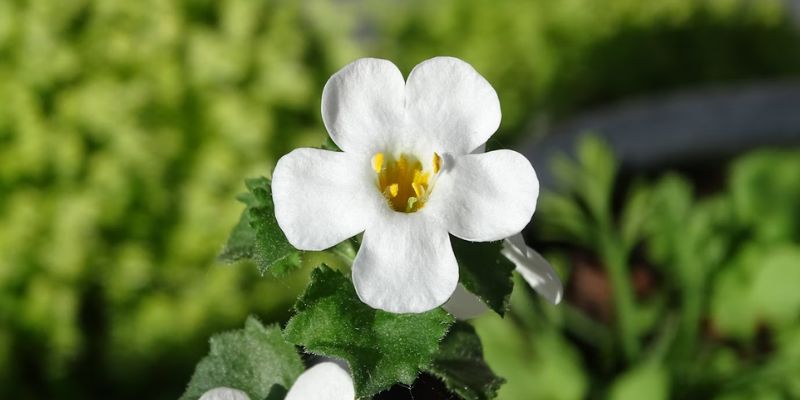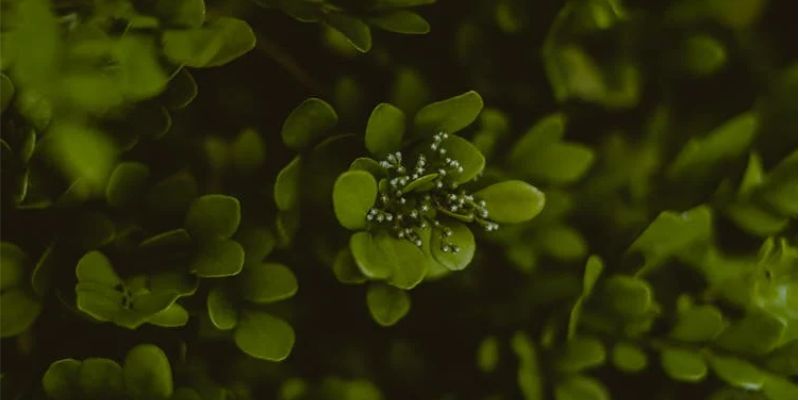Bacopa: The Brain-Boosting Herb You Need to Know
Mar 02, 2024 By Madison Evans
You've certainly heard of ginseng and ginkgo biloba, but you should also be aware of bacopa, another plant that boosts cognitive function. For millennia, Ayurvedic medicine has utilized this modest little herb to improve memory and cognitive function. What practitioners have long noticed—that bacopa can be an effective tool for promoting brain health—is now confirmed by modern science. The numerous advantages of bacopa, possible drawbacks, and appropriate dosage will all be covered in this essay.
What Is Bacopa?
The perennial herb Bacopa, scientifically named Bacopa monnieri, is indigenous to marshes and marshy regions in North and South America, Europe, Asia, Australia, India, and Africa. It is also known as Brahmi or water hyssop, and traditional Ayurvedic medicine has long used it to calm and improve cognition. Because of its possible health benefits.
Bacopa is commonly consumed as capsules, powders, teas, or tinctures. It is distinguished by its small, succulent leaves and exquisite purple flowers.Bacopa monnieri is its scientific name, and it has been utilized as a natural memory booster for millennia in India. Bacosides, which are present in bacopa, are chemicals with anti-inflammatory and antioxidant properties. It has also been demonstrated to have natural stress-relieving properties and to lessen anxiety and despair.

The Science-Backed Benefits of Bacopa
- Enhances Memory : Bacopa contains compounds called bacopasides that may help stimulate the growth of nerve endings and dendrites in the brain. This could lead to enhanced communication between neurons and improved memory.
- Slows Age-Related Mental Decline : As we get older, our brains naturally lose neurons and neural connections, leading to impaired memory, focus, and cognition. Bacopa may help slow and reverse age-related mental decline.
- Reduces Anxiety and Stress : Bacopa have adaptogenic properties, which help the body adapt to stress and anxiety. Studies show Bacopa may reduce symptoms of anxiety and depression.
- Better Mood: According to some research, bacopa may have mood-stabilizing properties that could lessen depressive symptoms and encourage a more optimistic view.
- Anti-Inflammatory Properties: Bachaporol may have anti-inflammatory effects that enhance general health and well-being by reducing inflammation.
- Heart Health: By encouraging proper blood circulation and preserving ideal blood pressure levels, bacopa may assist cardiovascular health.
How to Take Bacopa Supplements
Bacopa capsules are a popular choice and convenient for many people. Capsules typically contain a powdered form of the dried bacopa herb. The suggested dosage for bacopa capsules is 300 to 450 milligrams daily, generally taken with food. Look for a product that contains at least 55% bacosides, the active compounds in Bacopa. Take the capsules as directed, usually 1 to 2 twice or thrice daily, depending on the dosage.
Bacopa liquid extracts, also known as tinctures, provide a concentrated dose of Bacopa in an alcohol base. The suggested dosage is 1 to 2 milliliters of 1:2 extract one to three times daily. Place the drops under your tongue or add a little water. Liquid extracts may taste bitter, but the effects tend to be felt more quickly than with capsules.
Bacopa powder is made from dried, ground bacopa leaves. Add 1/2 to 1 teaspoon of the powder to water, smoothies, or juices and drink one to three times daily. Bacopa tea is made by steeping dried bacopa leaves in hot water. You can purchase premade bacopa tea bags or create your tea from loose bacopa leaf powder or dried leaves.
Potential Side Effects and Risks of Bacopa
Stomach upset: Bacopa extract can irritate the stomach lining in some people, causing nausea, cramping, bloating, or diarrhea. To minimize this, take Bacopa with food and start with a low dose, increasing slowly. The extract tends to cause fewer stomach issues than the powdered herb.
Fatigue: Bacopa has a mild sedative effect and may cause drowsiness or fatigue in some individuals, especially when first starting to take it. Again, starting with a lower dose and slowly increasing it can help minimize this effect. Bacopa may enhance the effects of other sedatives, so check with your doctor if you are taking other calming herbs or medications.
Dry mouth: Bacopa's soothing properties can lead to a drying out of mucous membranes in the body, causing a temporary dry mouth or eyes. Increasing water intake and using a humidifier can help relieve this. The effect is usually temporary as your body adjusts to Bacopa.
Bacopa Dosage: How Much Should You Take?
The effects of Bacopa are cumulative, so it can take time to feel the benefits. Most studies showing memory and cognitive improvements used 300 mg of a standardized bacopa extract taken three times daily for a minimum of 6-12 weeks. Start with the lowest recommended dose for your supplement, around 150 to 300 mg once or twice daily. See how you respond and gradually increase the dose over a few weeks until you find your 'sweet spot.' You want to take enough to gain the benefits but not so much that it causes unwanted side effects.
Up to 20% of people experience mild side effects from Bacopa, such as nausea, diarrhea, and fatigue. These are usually temporary, but you want to start slowly to minimize discomfort. Take Bacopa with a meal and plenty of water. Please don't take it at night initially since it can cause drowsiness. Bacopa may interact with some medications, so check with your doctor first, especially if you take sedatives or thyroid medication.
Conclusion
So there you have it, folks, the scoop on Bacopa. If the research holds true, this ancient Ayurvedic herb can do amazing things for your brain power and cognition. With benefits ranging from reduced anxiety to enhanced memory and focus, it's worth looking into, especially if you're a student or want to stay mentally sharp. As with any supplement, please talk with your doctor before trying it, start low and slow with the dosage, and be patient, as effects can take time to kick in. Bacopa should have a prime spot in your supplement stash.
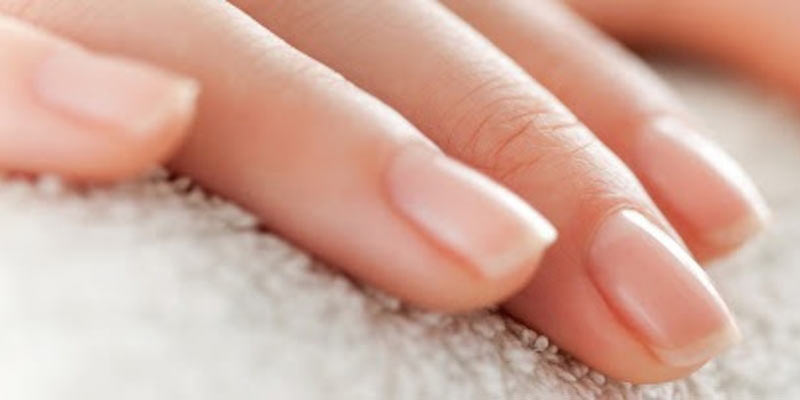
Here’s How to Check Your Health Through Fingernails
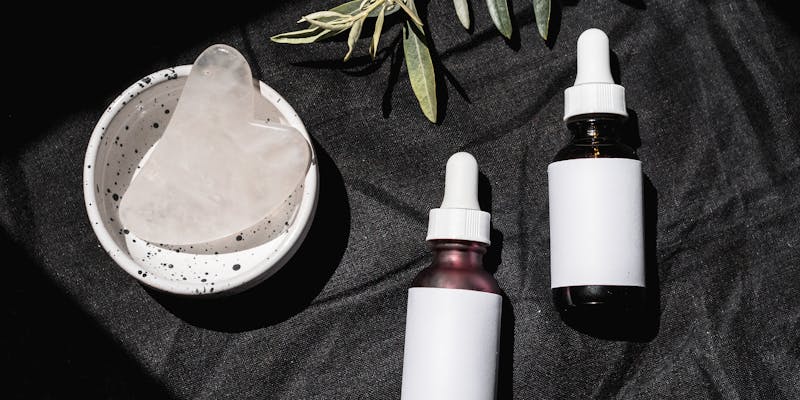
Tretinoin vs. Retinol? What's The Difference Between The Two?
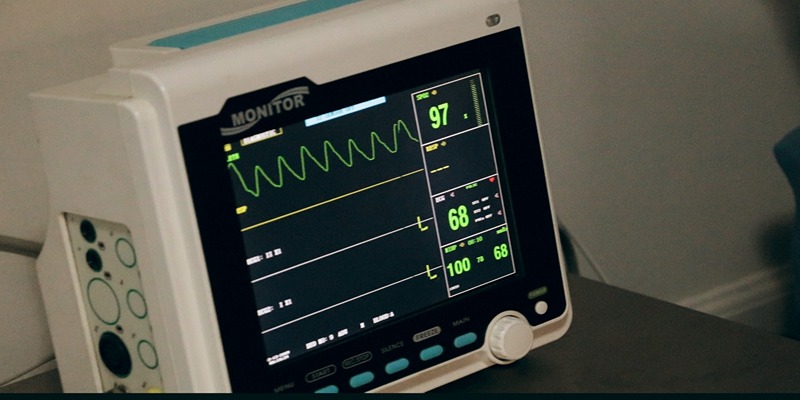
Unlocking the Potential of Cardiac Rehab for Lifelong Health and Longevity

Top 3 Hyperextension Workouts For Your Back and Glute Muscles
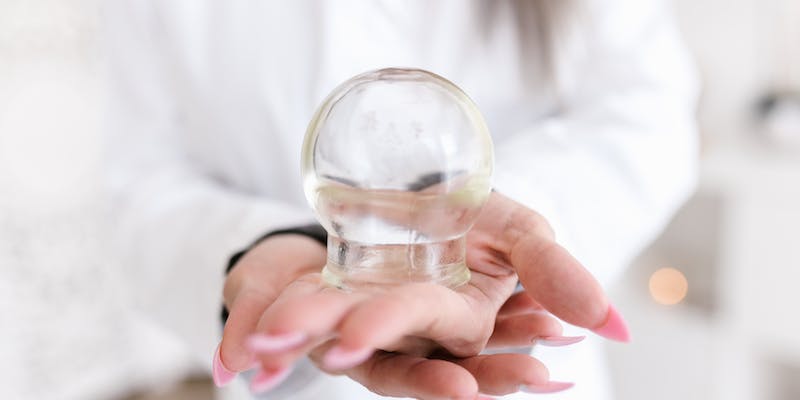
Exploring Cupping Therapy: What It Is and How It Works
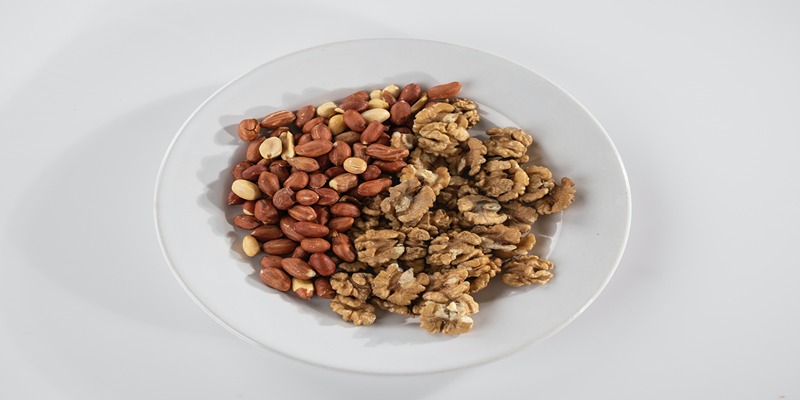
Exploring Prime Health Benefits of Swimming Regularly
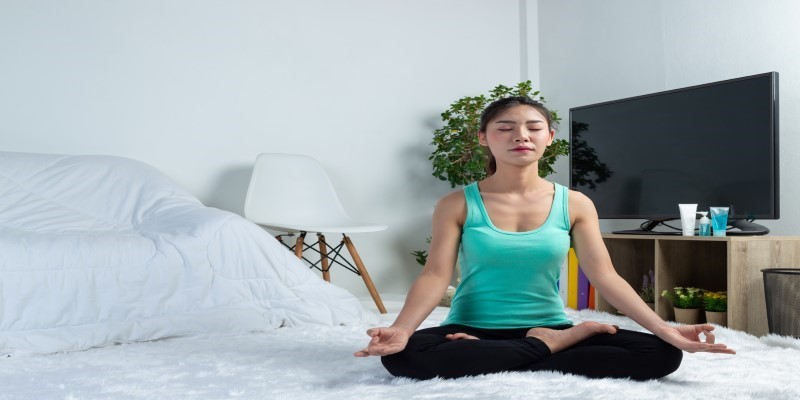
Mastering Meditation: A Comprehensive Scientific Guide for Stress Reduction and More
